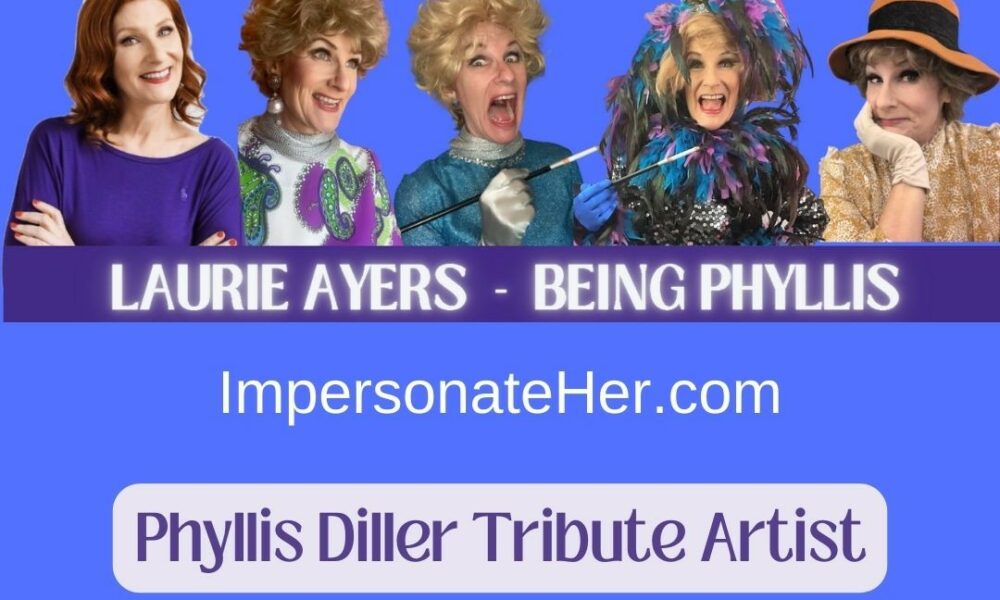

Today we’d like to introduce you to Laurie Ayers.
Hi Laurie, it’s an honor to have you on the platform. Thanks for taking the time to share your story with us – to start, maybe you can share some of your backstories with our readers.
In the mid-1980s, I took the standup comedy stage for the first time on a dare. It was also during that time that I was working character comedy delivering comical singing and dancing telegrams. Fast forward 30+ years, and I was still performing standup comedy in the corporate sector when covid shut down the world and the convention industry in 2020.
It was during that shutdown that I discovered the celebrity impersonator community. It was so much more than adults playing dress-up. This was a serious career for some. With my previous character comedy and standup comedian background, it was a natural transition.
As a natural redhead, I started doing Lucy, as in Lucille Ball’s I Love Lucy character. But then I ran into some copyright issues with the family and the corporation that owns the rights to Lucy Ricardo. They weren’t licensing anyone new to be Lucy anywhere. I had to cease being the iconic redhead.
It was at that time I also was the recipient of a bad haircut, and by a fluke I strongly resembled Jen Psaki, the former White House press secretary. I then chose to take advantage of that misstep and impersonated Jen for a while. But then with the political divide and her leaving the White House, I needed to find yet another celebrity to impersonate.
I had been told more than a few times that I could pass for Phyllis Diller. I grew up watching Phyllis on Laugh-In, and many game shows, and always loved her sense of humor. You could say I’ve been preparing for this role for 50+ years.
Something seemingly good didn’t work out, so something even better could. That is how I started “Being Phyllis”.
Can you talk to us a bit about the challenges and lessons you’ve learned along the way? Looking back, would you say it’s been easy or smooth in retrospect?
Being Phyllis has presented a few challenges.
1. Since she was the first woman to perform standup comedy and have a successful career, paving the way for all other female comedians, I assumed everyone knew who she was. I was wrong.
2. Phyllis started in 1955 and performed standup until 2002. But I learned Gen Z, and even many of the Millenials didn’t know who she was. And if they did, they asked if she was the voices in Bug’s Life and Scooby Doo? She was, but she was so much more.
3. Phyllis worked clean, meaning no cussing, nothing vulgar. However, the height of her career was in the 1960s – 1970s, and what was socially acceptable then isn’t necessarily now considered politically correct. So that has been a bit of a challenge, finding the right audience and the right venues for her.
Thanks – so, what else should our readers know about your work and what you’re currently focused on?
What sets me apart is that there are very few working Phyllis Diller tribute artists, impersonators, lookalikes, anywhere else. I am aware of one other who does a number of different characters, including Phyllis. I am dedicated to Being Phyllis – to making sure the laugh and life of this icon and trailblazer who paved the way for all female stand-up comedians isn’t forgotten. I not only perform as Phyllis, I can safely say I am an expert on her 95 years of life, both on and off the stage.
What I am most proud of is that I have one of Phyllis Diller’s actual wigs that she wore, and as well as a couple hats, a scarf, pair of glasses, and a shirt that belonged to her. When I am Being Phyllis, I’m not merely dressing up as her, I’m channeling her, I’m embodying her.
Any advice for finding a mentor or networking in general?
Entertainers are an odd bunch of misfits. I say that with love. What other career begs to be judged so prevalently? Whether social media or live events – everyone has opinions about our performances, and they’re not afraid to voice it, oftentimes somewhat rudely. It requires the ability to have thick skin and learn not to take things personally. If you wouldn’t go to those folks for advice, we certainly don’t need to take their criticism.
Specifically, to the celebrity impersonator industry, my advice it to keep going. Keep researching. Keep asking questions. Keep trying to connect with other impersonators. I’ve found my tribe, but it was a bit of a long haul. Some of the CIs (celebrity impersonators) are extremely tight-lipped about sharing any information. I had someone tell me that they worked hard to get where they were, and they weren’t going to openly tell new up-and-comers any industry information. Many others merely ghosted or left me on read.
Conversely, I have had seasoned CIs get on the phone with me and answer any and all questions I had about fees, bookings, and industry protocols. Some have asked me to tour with them, and we continue to support each other.
So, if the door gets shut, open another one.
We are all extremely unique and should not view each other as competitors but rather rally around each other and support our journeys.
Contact Info:
- Website: www.ImpersonateHer.com
- Instagram: https://www.instagram.com/impersonate_her
- Facebook: https://www.facebook.com/laurieayerslaughlin
- Linkedin: https://www.linkedin.com/in/laurieayers/
- Youtube: https://www.youtube.com/@Laurieayerstv
- Other: https://www.tiktok.com/@impersonate_her
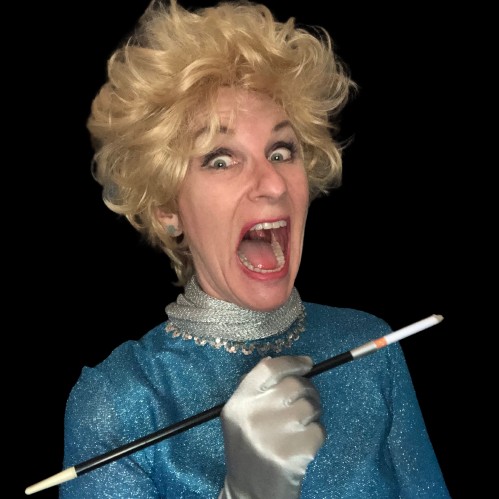
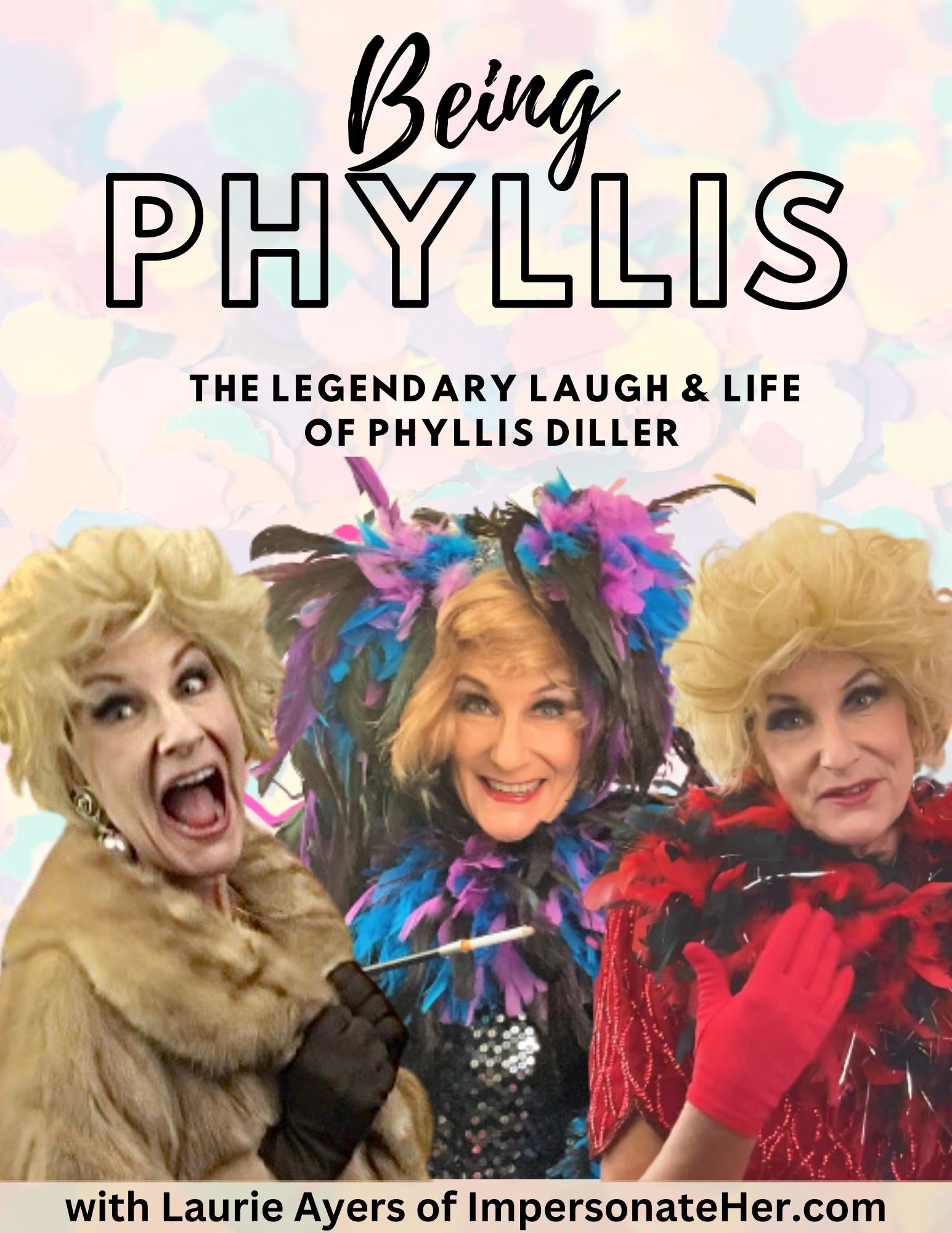
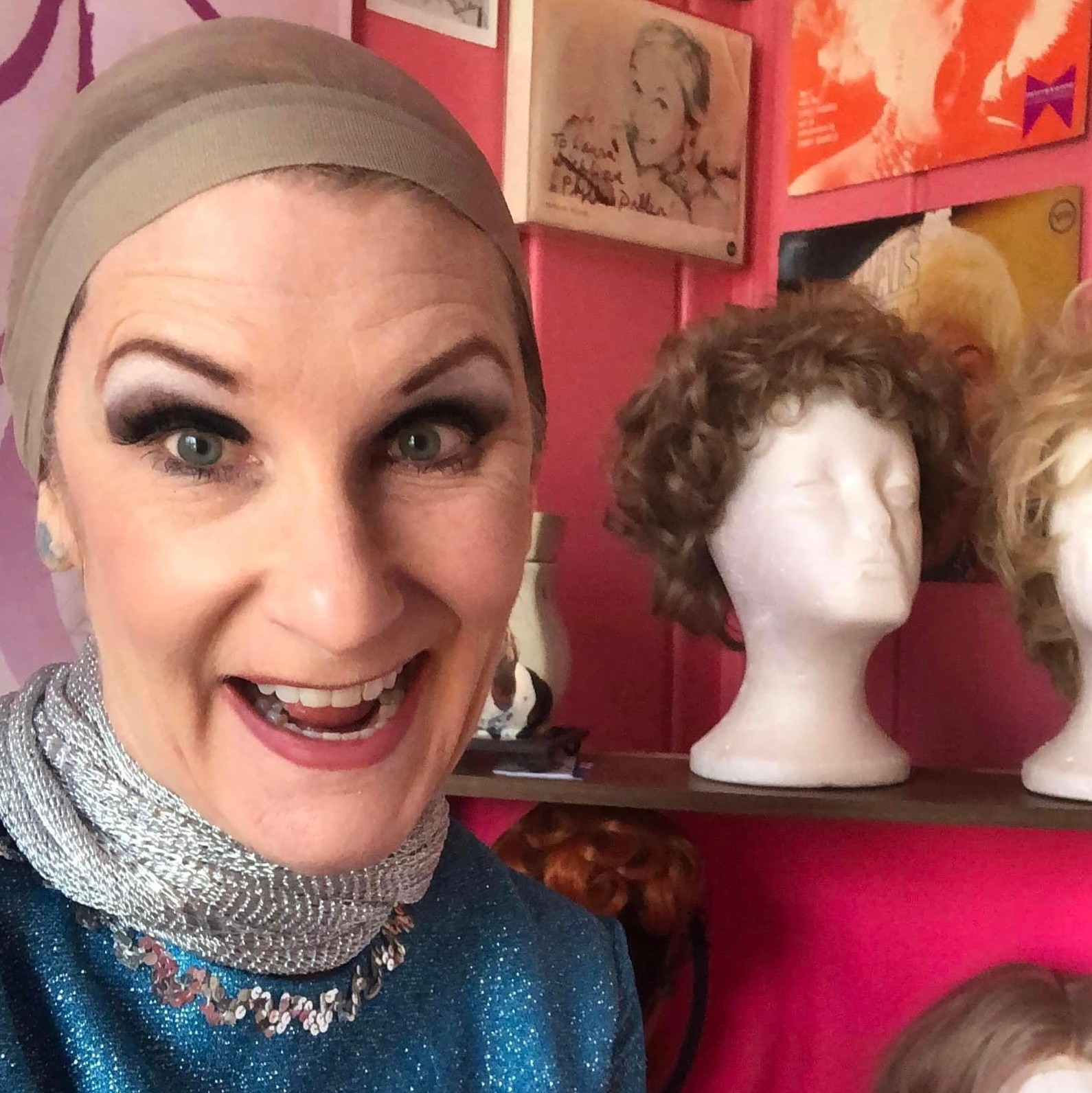
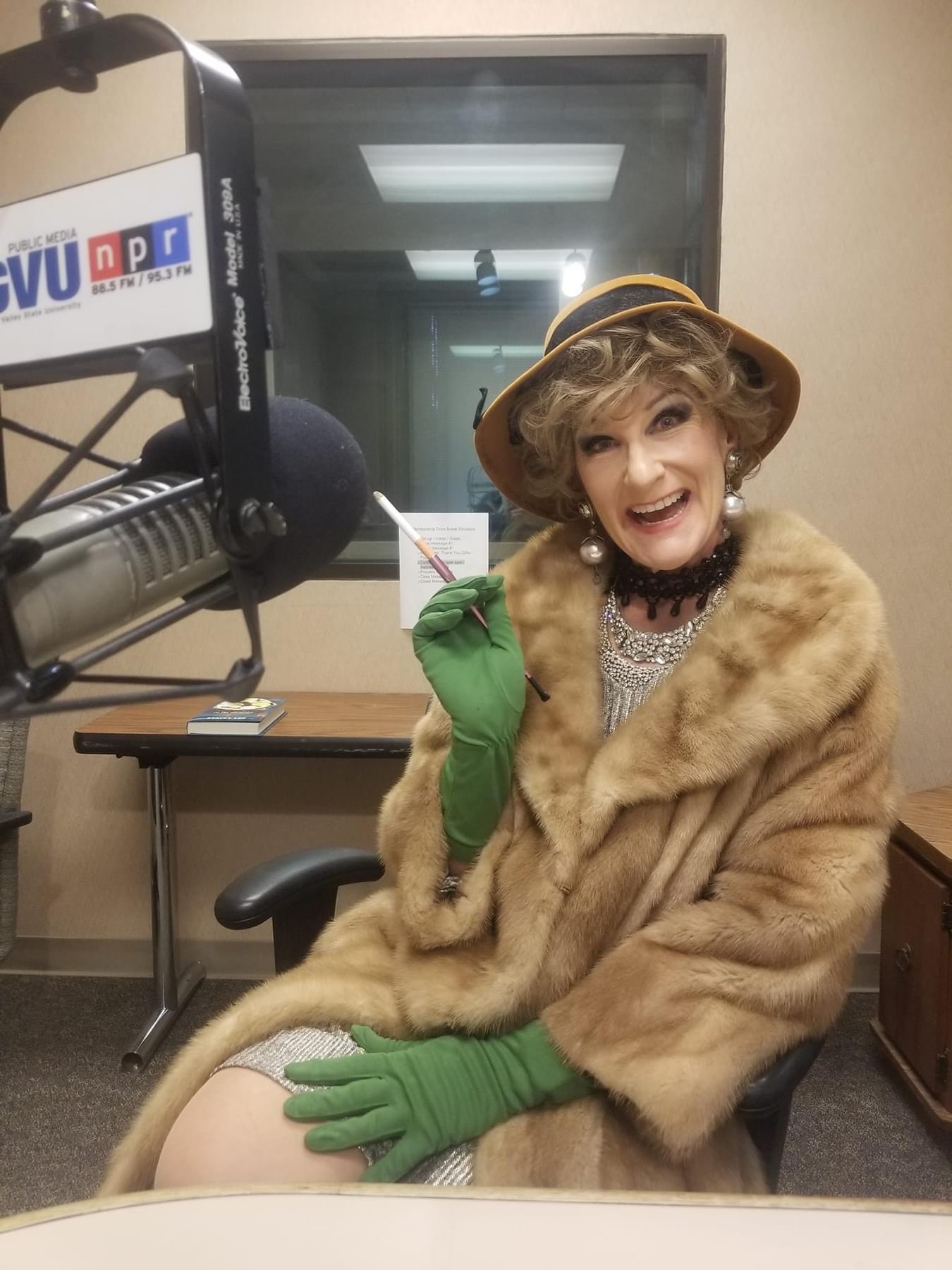
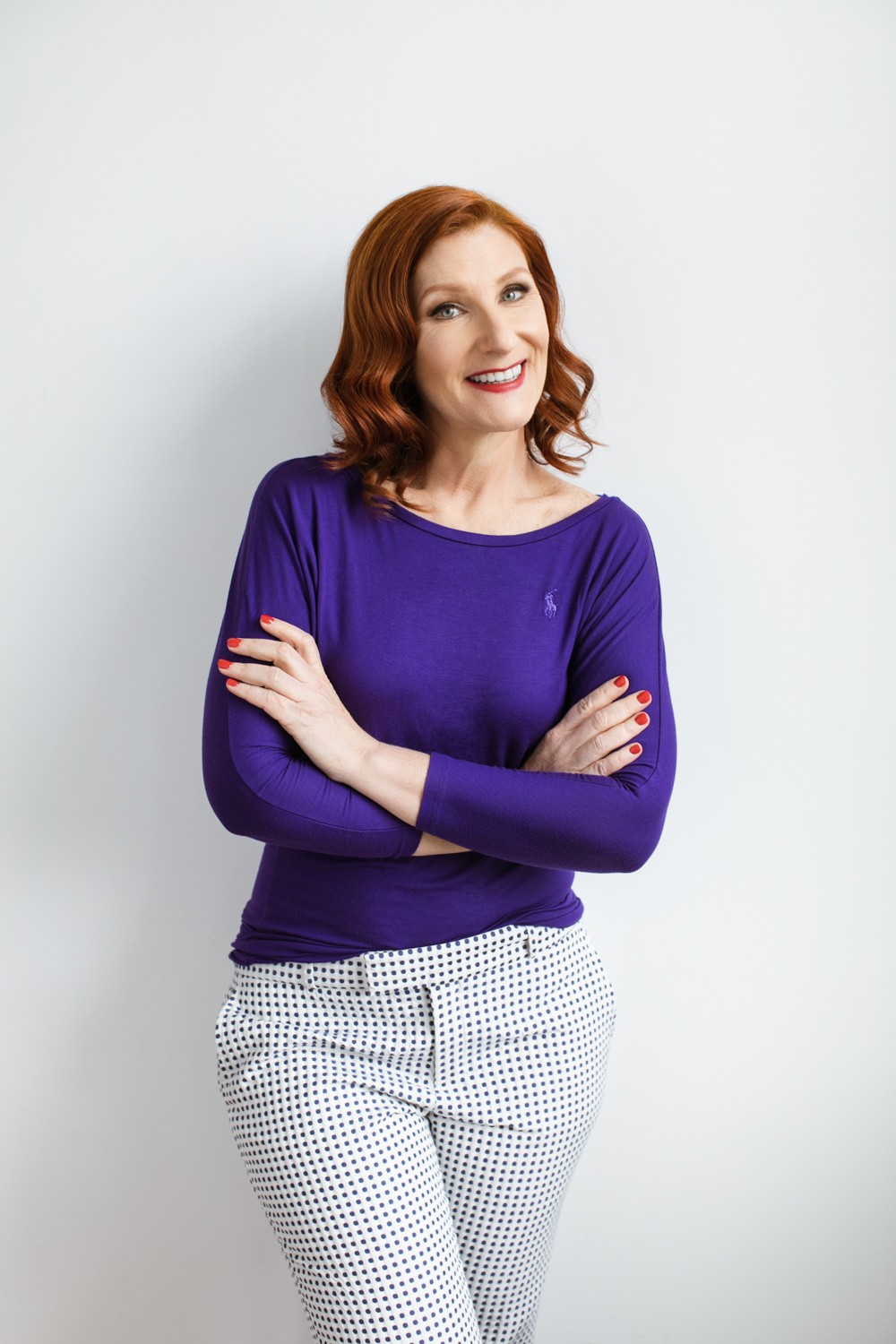
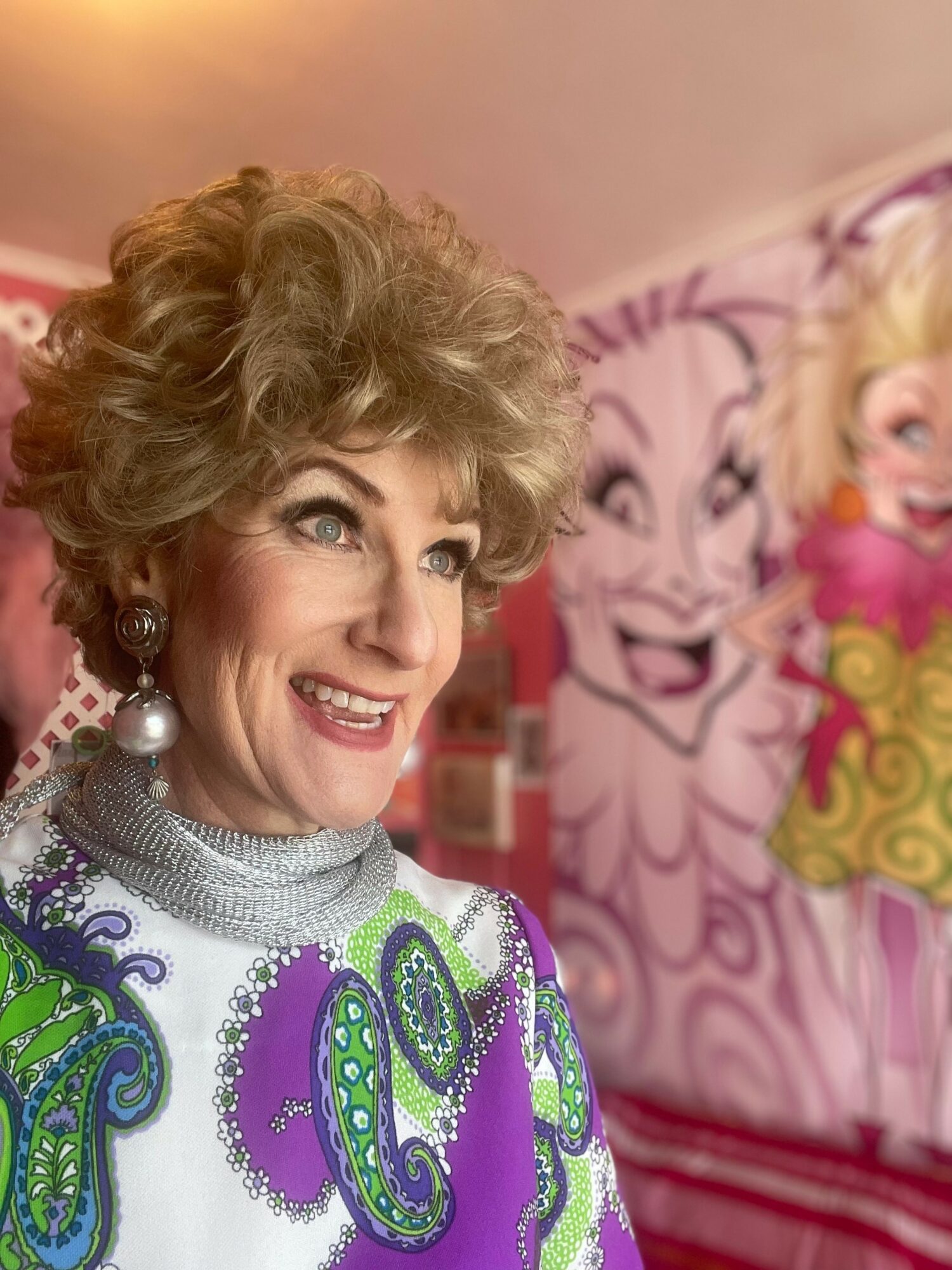
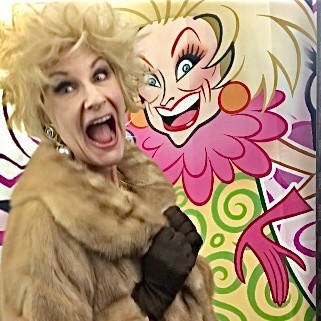
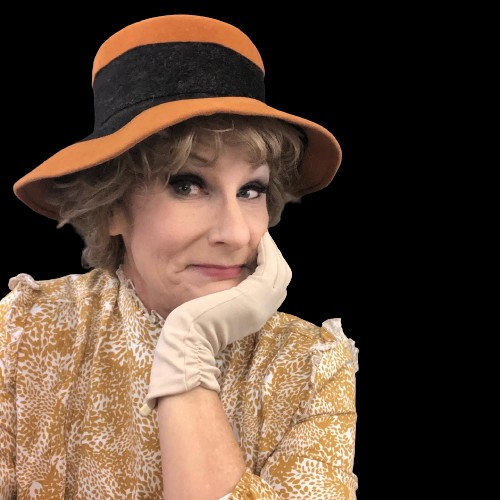
Image Credits
Shelley Irwin
ModBettie











